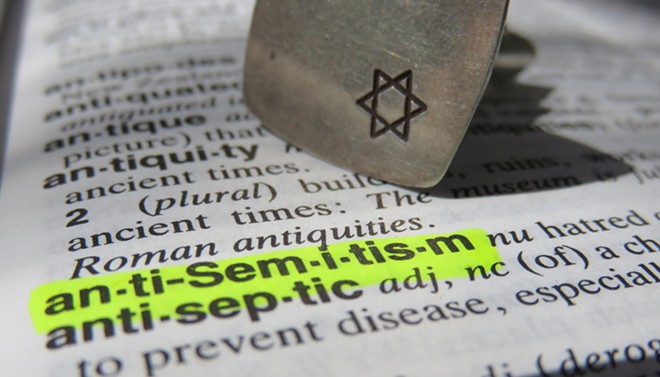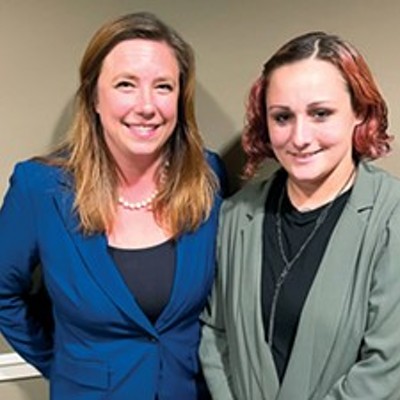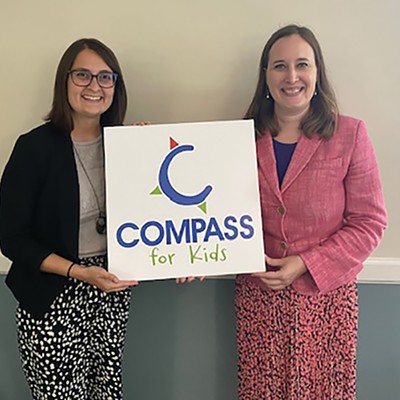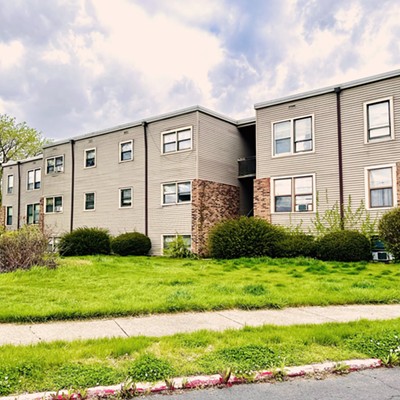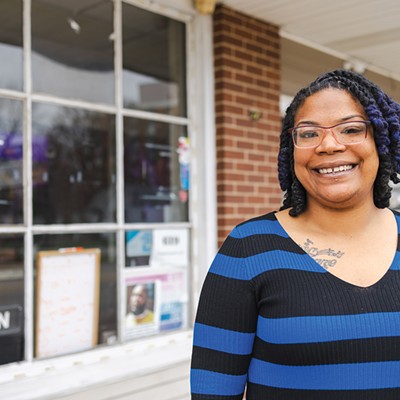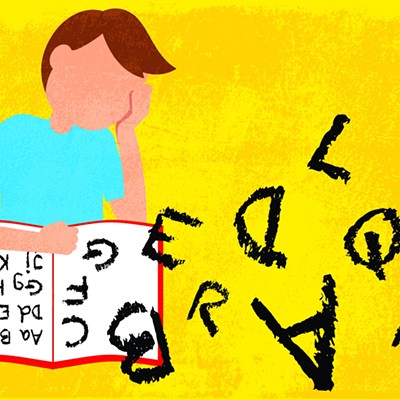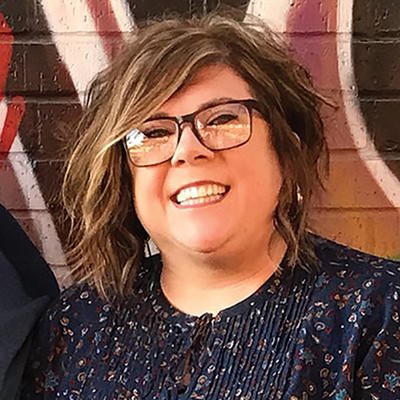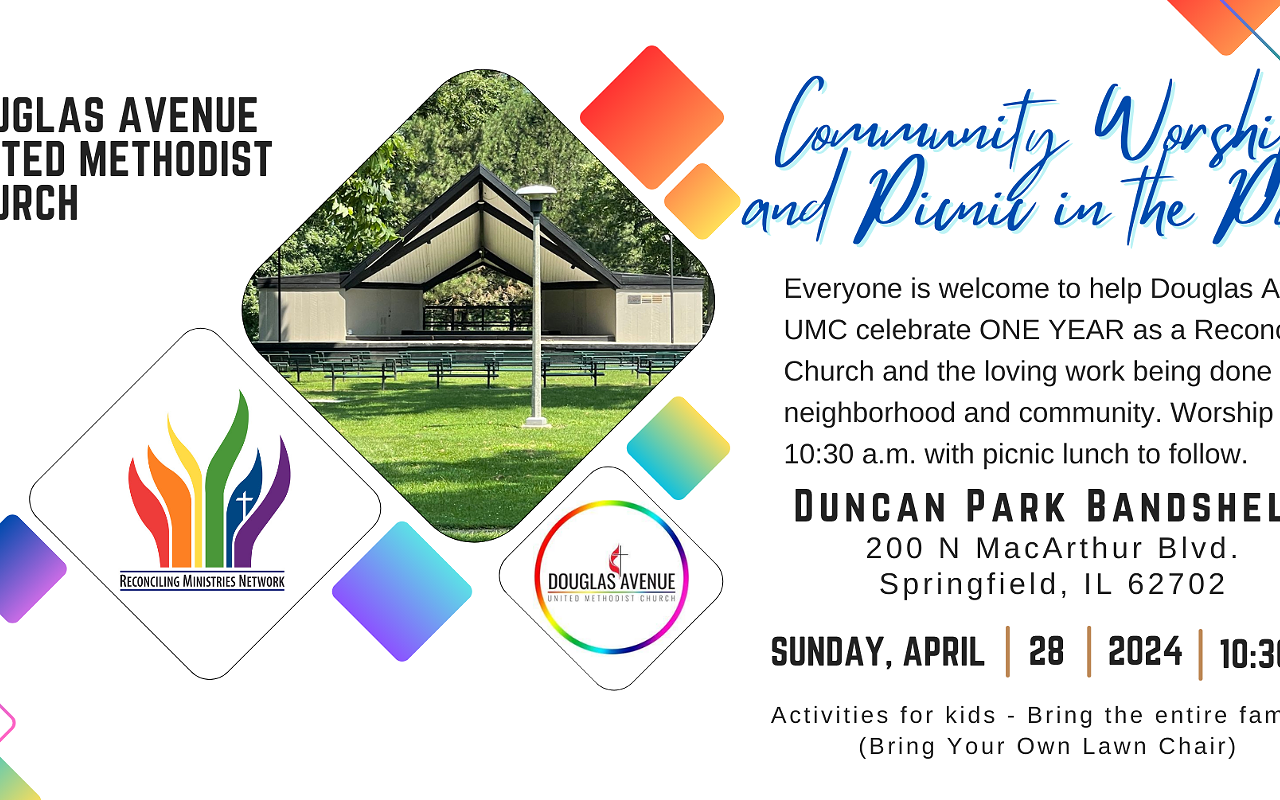"It's the Jews' fault."
I remember those words like they were yesterday, even though they were uttered by a co-worker more than 30 years ago.
The newspaper we worked for had just undergone a major layoff and later that week I found myself eating a plate of spaghetti in a dive restaurant listening to what portended to be a bizarre conspiracy theory.
I didn't argue with him. I just looked him in the eye and said, "I'm not going to listen to this. And if I hear you say anything like that again, I'm not having lunch with you again."
Those words of mine probably sounded shrill and sanctimonious to my dining companion. But to be honest, I wasn't sure then – and I'm not sure now – what the appropriate retort to a bigoted utterance is.
The fellow I was eating with fit the stereotype of a right-wing zealot: rural, white, gun enthusiast. He wasn't particularly religious – but he hated a whole group of people because their religion was different than the one in which he labeled himself.
This past month, I've been thinking about that long-ago interaction in an Iowa restaurant as I watch antisemitism rear its head on elite college campuses.
It first came to mind when I saw a comment from Paul Miller, a Jewish acquaintance in a Chicago suburb who has a child the same age as my oldest daughter. He posted on Facebook that his No. 1 criteria for selecting a college for his son is that it be a safe place for Jewish people.
That brought me up short. I've visited a lot of college campuses with my daughter the last few months. While all parents are concerned about their children's safety, I've never worried that my child would be singled out for who she is.
But Paul was concerned for his son – and rightly so. Frightening things are happening on college campuses since Oct. 7 when Hamas launched its attack on Israel, killing more than 1,200 people.
The New York Times reported that at a pro-Palestinian rally at Northwestern University in Evanston, students shouted, "Hey, Schill, what do you say, how many kids did you kill today?" an appropriation of a chant from the anti-Vietnam War movement, now directed at Northwestern's president, Michael H. Schill, who is Jewish.
At George Washington University, students used a library façade to project giant slogans such as "Glory to Our Martyrs."
At the Cooper Union, a college in New York City, frightened Jewish students hunkered down behind locked doors at a library while demonstrators shouted, "Free Palestine" and banged on the doors and windows.
Next to a Jewish fraternity at the University of Pennsylvania, someone scrawled, "The Jews R Nazis."
And at Cornell University, a computer science major was arrested for allegedly making online threats to shoot up a kosher dining hall and rape and murder Jewish students.
These are some of the most selective, competitive universities in the world. But their students are acting like idiots. Unlike my co-worker from so long ago, these aren't gun-toting, rural yahoos. Disproportionate numbers of young people from elite backgrounds attend these schools.
College administrators need to grow spines and condemn these acts of hatred. No student should ever be in fear of violence.
But as a practical matter, how do we as individuals combat antisemitism? Well, working together to do positive things is a good start.
I grew up in Galesburg, a town with many churches and one small synagogue. When a major earthquake hit Guatemala in 1976, my father and two other men worked day and night to refurbish an Army surplus truck into an ambulance, load it with food and medical supplies and drive nonstop from Illinois to Guatemala City. My dad was Methodist, another volunteer was Mormon, and the third was Jewish. But they were able to see past theological differences and work together to help others.
Another example from my family comes from my brother, Danny. He was a hog farmer, a profession that didn't provide for many interactions with Jewish people. He suffered from a rare liver condition and had a transplant at the Mayo Clinic in 2003. His surgeon was Jewish. Because of this, my brother, who I never knew to read for pleasure, became intensely curious about Judaism and read the book Postville about a Hasidic community in Iowa. He showed an interest in a faith other than his own.
There is a lot of false information about various religions on the internet and elsewhere. I've learned that if you really want to understand another religion, it's best to ask someone who belongs to that faith.
Years ago, I visited the pediatric cancer ward of Cedars Sinai Medical Center in Los Angeles and noticed a box on the doorframe of each room. I asked a Catholic friend who was showing me around what the purpose of the box was. I got a shrug and was told it had something to do with it being a Jewish hospital.
Later I asked a Jewish person about the symbol and was told it is called a mezuzah. It holds a scripture that reads: "You shall love your God, believe only in Him, keep His commandments, and pass all of this on to your children."
Those are good words for all of us to live by during these troubled times.
Scott Reeder, a staff writer for Illinois Times can be reached at [email protected].

